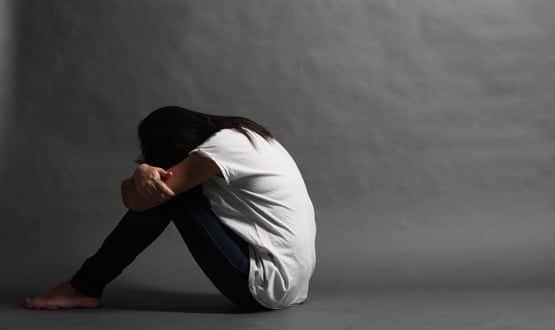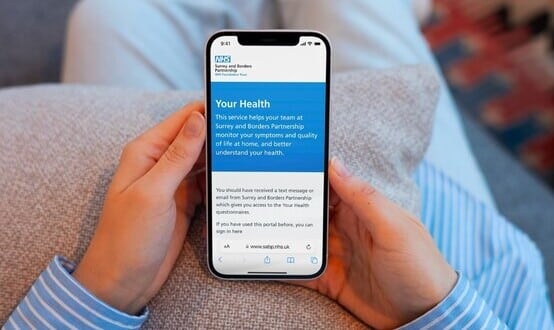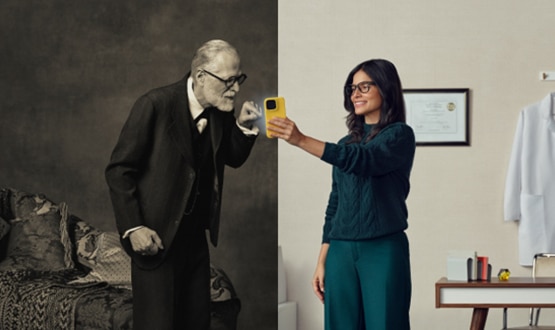Instagram and Snapchat worst for young people’s mental health

Instagram and Snapchat are the most detrimental to young people’s mental health and wellbeing, a report has revealed.
The #StatusOfMind report issued by The Royal Society for Public Health (RSPH) and Young Health Movement (YHM) revealed that while there are positive aspects of social media on young people, not enough is being done to combat its negative impact – and young people want this to change.
According to RSPH and YHM, 71% of young people have backed the organisations’ call for pop-up heavy usage warning on social media. They want government and social media companies to help promote the positive aspects of social media for young people, while mitigating the potential negatives.
Recommendations include social media platforms to identify users who could be suffering from mental health problems by their posts (and discretely signpost to support) and for social media platforms to highlight when photos of people have been digitally manipulated. More than two-thirds (68%) of young people support the latter.
Earlier this year RSPH/YHM conducted a survey of about 1,500 young people (aged 14-24) from across the UK. The survey asked them to score how each of the social media platforms they use impacts on their health and wellbeing.
YouTube topped the board as the most positive, followed by Twitter, Facebook, Snapchat and Instagram as the worst for young people’s mental health.

RSPH Chief executive Shirley Cramer said it’s interesting to see Instagram and Snapchat ranking as the worst – according to the 19 May report.
“Both platforms are very image-focused and it appears they may be driving feelings of inadequacy and anxiety in young people”, Cramer said.
“Social media is so entrenched in the lives of young people that it is no longer possible to ignore it when talking about young people’s mental health issues.”
Cramer said it is important that we have checks and balances in place to make social media less of a wild west when it comes to young people’s mental health and wellbeing.
“We want to promote and encourage the many positive aspects of networking platforms and avoid a situation that leads to social media psychosis which may blight the lives of our young people.”
In April this year NHS England announced £35 million in funding to be split equally across the seven mental health global digital exemplars. Funding would be spent on the development of a variety of apps and online platforms designed to better support people experiencing mental ill health.
It is yet to be confirmed if funding has been received by any of the seven trusts.





1 Comments
Interesting report, thanks for highlighting it.
As a reader request… when you report on a report that is published online, please include a link to the report itself rather than just linking to other digitalhealth.net articles with more or less similar subject matter. It’s usually easy to find it, however it would be helpful to have it in the post.
Thanks…
Comments are closed.